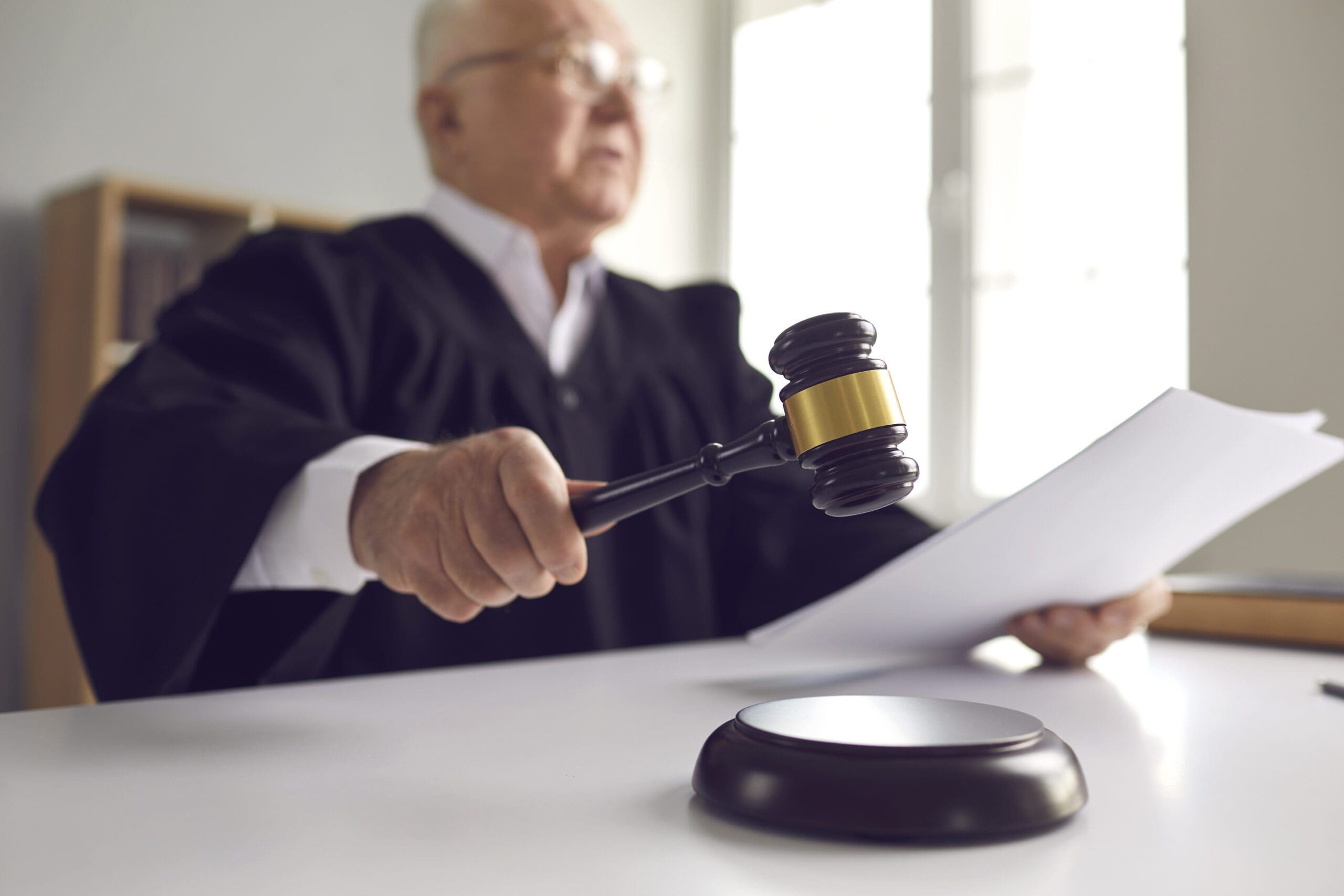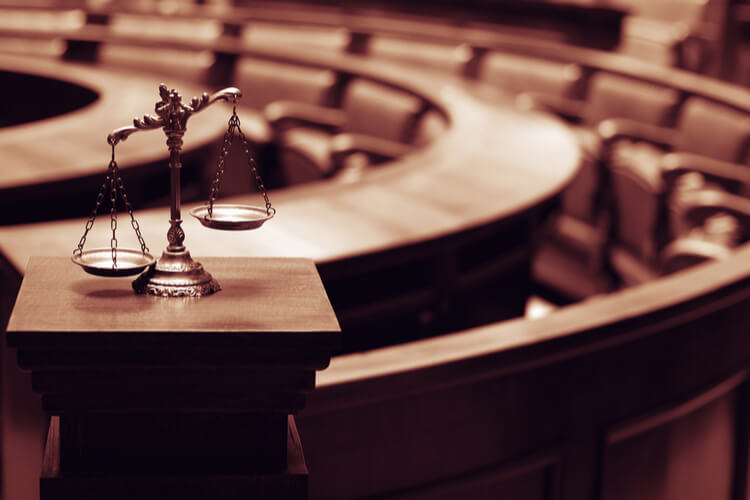
Strategic Litigation Tactics: Expert Advice for Legal Success

Mastering Litigation Tactics: Introduction
In the legal arena, litigation tactics are essential for achieving favorable outcomes. This article explores expert advice on strategic litigation tactics, offering insights into preparation, negotiation, and effective courtroom strategies to navigate the complexities of legal disputes.
Thorough Case Preparation: The Cornerstone of Success
Successful litigation begins with thorough case preparation. Attorneys must delve deep into the facts, gather evidence, and identify legal precedents relevant to the case. This meticulous groundwork lays the foundation for compelling arguments and positions the legal team for success.
Strategic Negotiation: Seeking Favorable Resolutions
Litigation doesn’t always end in the courtroom; strategic negotiation is often a crucial component. Before heading to trial, skilled attorneys engage in negotiations, aiming to secure favorable settlements for their clients. Effective negotiation requires a combination of legal acumen, communication skills, and a deep understanding of the case dynamics.
Meticulous Legal Research: Leveraging Knowledge for Advantage
In the realm of litigation, knowledge is power. Meticulous legal research allows attorneys to uncover nuances in the law, identify relevant precedents, and develop compelling legal arguments. A thorough understanding of the legal landscape provides a strategic advantage during both negotiations and courtroom proceedings.
Crafting Persuasive Legal Arguments: The Art of Advocacy
At the heart of successful litigation is the ability to craft persuasive legal arguments. Attorneys must present their case in a clear, compelling, and logically structured manner. The art of advocacy involves not only knowing the law but also effectively communicating complex legal concepts to judges and juries.
Effective Use of Discovery Procedures: Uncovering Key Information
Discovery procedures are potent tools in litigation, enabling attorneys to uncover key information, documents, and witnesses. A strategic approach to discovery, including depositions, interrogatories, and document requests, allows attorneys to build a robust case and anticipate the arguments of the opposing party.
Strategic Depositions: Extracting Critical Testimony
Depositions are critical components of the discovery process. Strategic questioning during depositions serves multiple purposes, including extracting critical testimony, evaluating witness credibility, and gaining insights into the opposing party’s case. Skillful deposition techniques contribute to a comprehensive litigation strategy.
Dynamic Courtroom Strategies: Adapting to the Legal Arena
Navigating the courtroom requires dynamic strategies that adapt to the nuances of each case. From presenting compelling opening statements to cross-examining witnesses effectively, attorneys must employ a range of tactics to persuasively convey their client’s position to the judge and jury.
Utilizing Motions Effectively: Shaping the Legal Landscape
Strategic use of motions can shape the legal landscape of a case. Attorneys may file motions to dismiss, for summary judgment, or to exclude certain evidence. Each motion is a tactical move aimed at gaining an advantage or limiting the scope of the opposing party’s arguments.
Continuous Case Evaluation: The Key to Adaptability
Successful litigation requires adaptability, and continuous case evaluation is the key. Attorneys must regularly assess the progress of the case, reevaluate strategies, and consider settlement options. This ongoing evaluation ensures that the legal team remains nimble and responsive to the evolving dynamics of the litigation.
High Point Family Law: Your Partner in Litigation Success
For personalized guidance and support in litigation matters, High Point Family Law stands as a reliable partner. Our team of legal experts offers insights and assistance in navigating the complexities of litigation tactics. Visit Litigation Tactics Advice for expert guidance tailored to your specific legal needs.
In conclusion, mastering litigation tactics requires a combination of meticulous preparation, strategic negotiation, and dynamic courtroom skills. Attorneys who adeptly utilize these tactics position themselves for success in legal disputes. High Point Family Law is dedicated to supporting clients in achieving favorable outcomes through strategic litigation. Visit Litigation Tactics Advice for ongoing assistance and insights.






